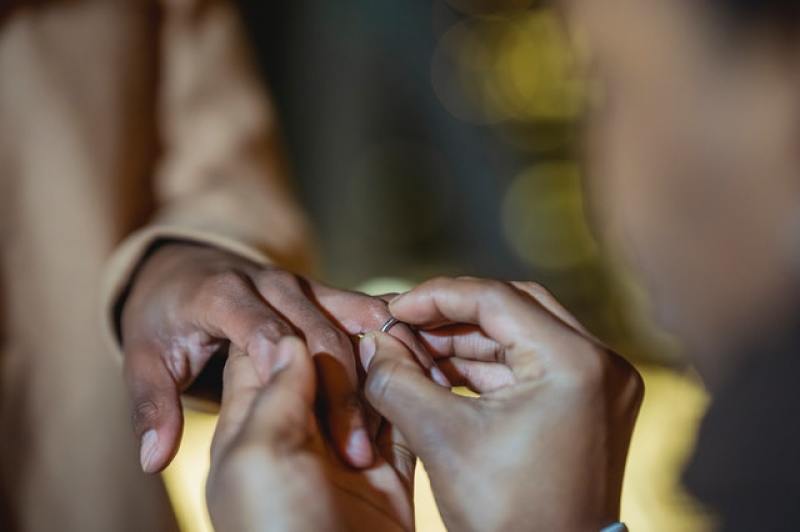
A UK-based Christian group lamented to learn that majority of the Church of Scotland presbyteries supported the draft legislation allowing same-sex weddings, with 29 presbyteries in favor and 12 opposed, ahead of the upcoming General Assembly in Edinburgh.
In a release, The Christian Institute's Scotland Officer Nigel Kenny commented, "This is a very sad development in the life of the National Kirk, which has in its constitution a commitment to the Bible as the supreme authority in all matters of faith and practice."
He reiterated that the teaching of the Bible regarding marriage was "crystal clear," stating that it can only happen between one man and one woman. He pointed out that the majority of presbyteries were more interested in "taking their cue from culture rather than Christ," referencing Jesus' teaching in Matthew 19.
The Church, however, recognized the diverse views regarding the subject. They said that they were committed to ensuring that arguments on this subject would be held "in a spirit of humility and grace," maintaining a civil tone and tenor of discussions, and respecting people who would oppose the views.
If approved this month, any ministers wanting to perform a same-sex ceremony could send their application to the Principal Clerk, who would then make the application to the Registrar General for Scotland.
Ministers and deacons who do not wish to partake will be protected by a "conscience clause" under the legislation, which means they will not be forced to conduct or be involved in the provisions for same-sex weddings.
Despite the result, Rev. Mike Goss of Barry Parish Church in the Angus presbytery said, "There's still a continued struggle within the Church of Scotland." He emphasized that there were still people who upheld the teaching of the Bible, ensuring to remain and fight the battle.
In defending the traditionalist wing of the debate, Goss and his colleagues were "frustrated" that the Church does not have the same stand over the issue. Though they also agreed that the Church should apologize to gay people for the history of discrimination they experienced in the Church, their position on allowing same-sex weddings "could not be altered." He said if he caused hurt to another folk unintentionally, he'd be happier to do it.
Scotland authorized civil partnerships for same-sex couples in 2005 and marriage in 2014. In 2009, the Church of Scotland, known as Kirk, started to endorse clergy in same-sex relationships. However, no such ceremonies had taken place in its churches until today.
Based on a 2016 research, Scotland faced a crisis in Christianity. Lead researcher Peter Brierley told Premier Christian News that "people's allegiance to particular faiths is no longer as strong as it used to be" in the 21st century. He also said there were numbers of "invisible Christians" who were once churchgoers. They simply haven't found a church to attend after moving to a different place, perhaps in rural areas, but they still consider themselves believers in God.



















